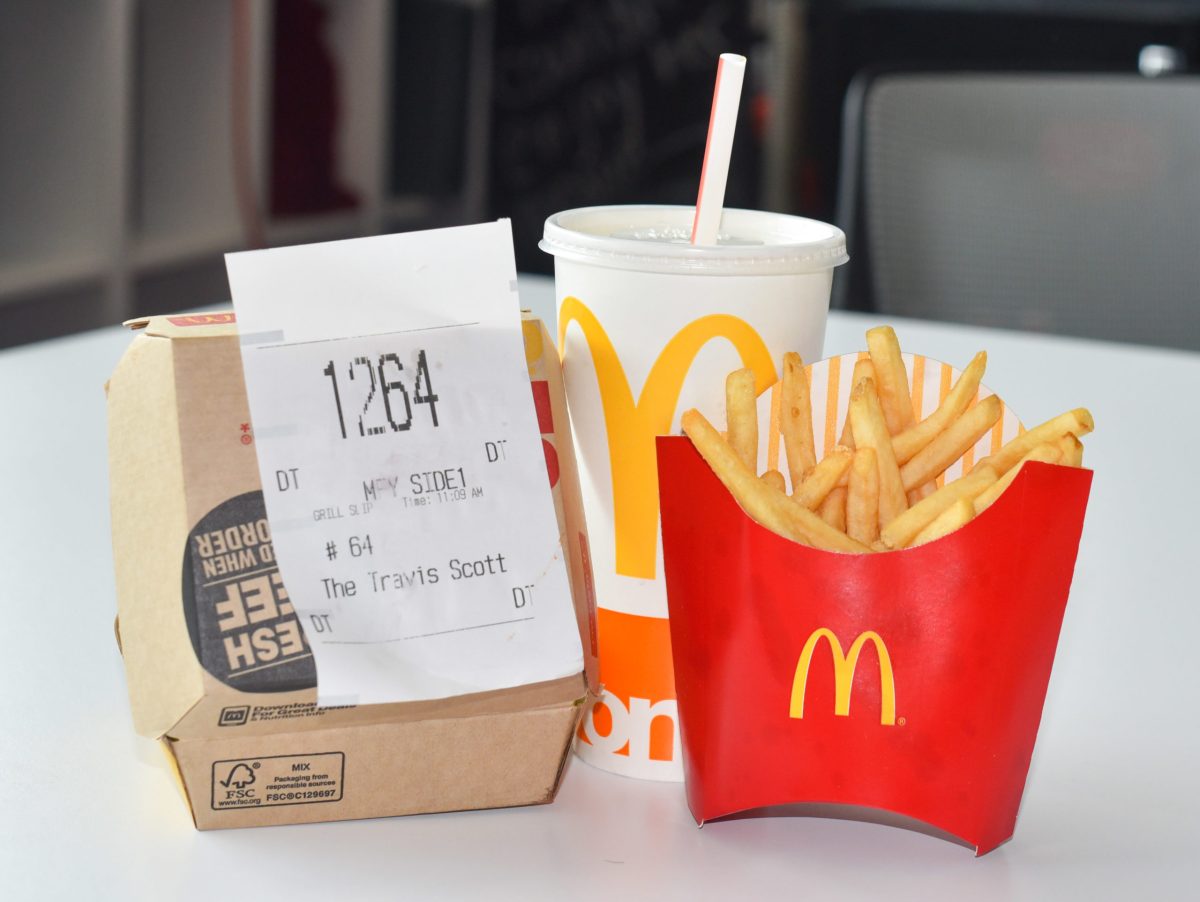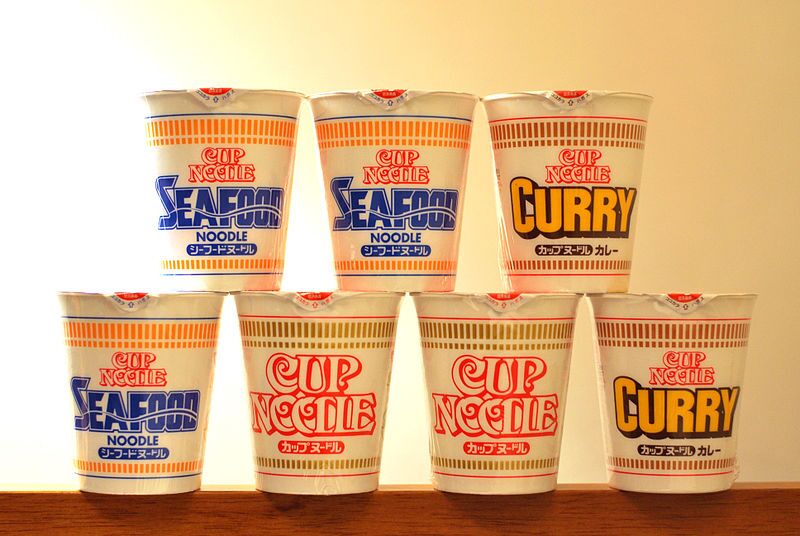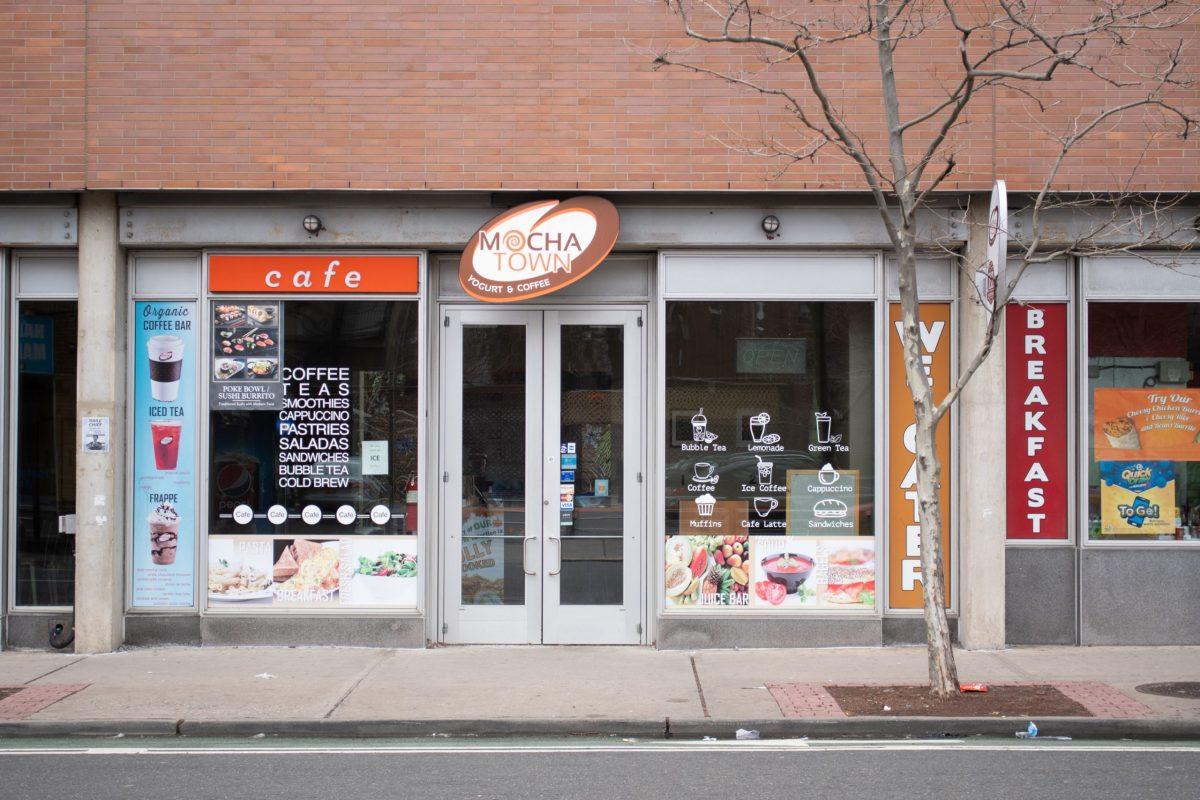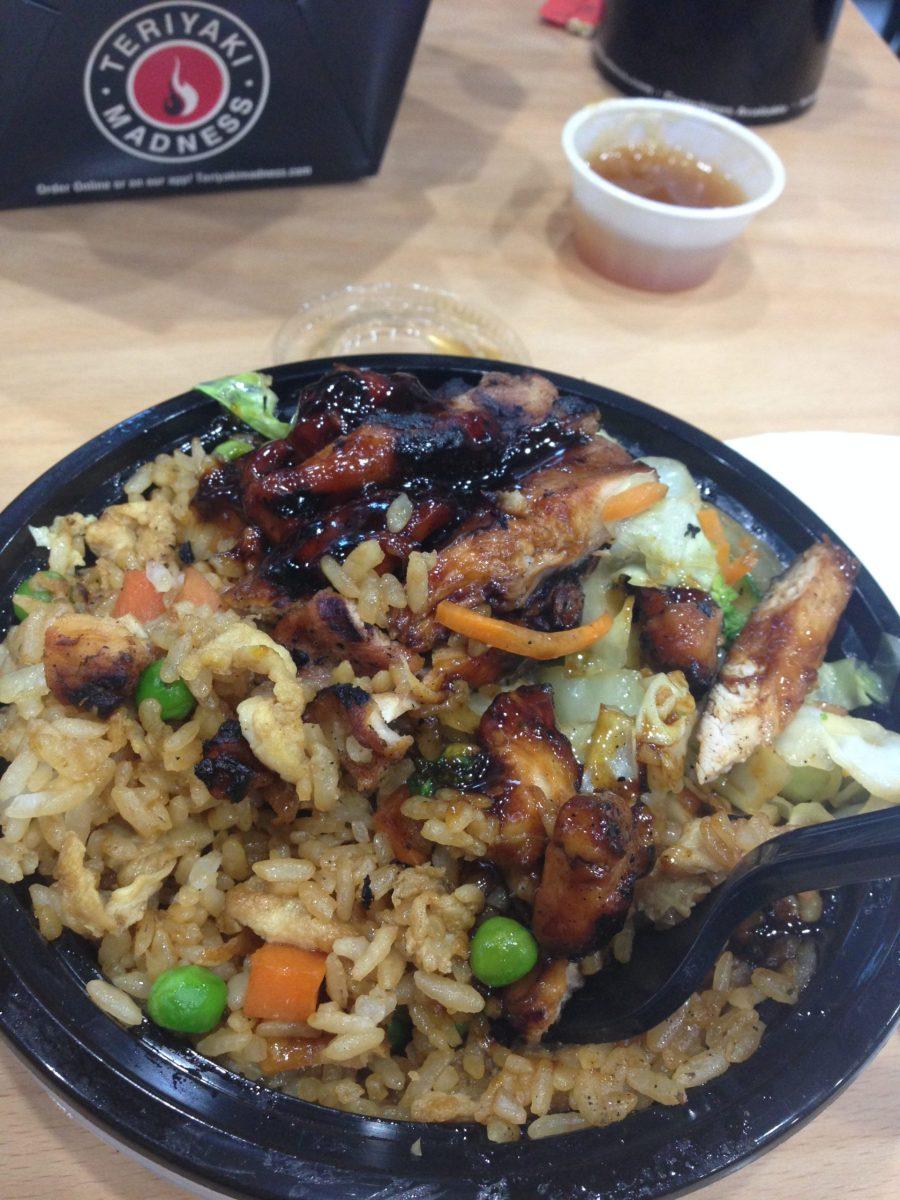NJIT is a Pepsi campus.
Everything we sell is owned and affiliated with PepsiCo—from Aquafina, lemon soda Sierra Mist, to our favorite Naked smoothies. Every beverage sold at the vending machines is a product of PepsiCo—including the vending machines themselves.
For students that love Coke products: sorry, you’re out of luck at NJIT.
Most campuses are endorsers of PepsiCo. Like NJIT, Rutgers New Brunswick is PepsiCo. NYU is also PepsiCo. In fact, a lot of campuses have turned anti-Coke in recent years. From human rights violations to being the most popular effigy for unhealthy beverage consumption, Coke has been slowly been losing ground in the beverage war.
For PepsiCo and fans of their products, this is a big win. For Coca-Cola and theirs, this is a setback. For all students on campuses claimed by either party, this is a loss.
Unfortunately, campuses that are explicitly sponsored by one of these corporations have to adhere to the rules of the company’s contract in order to receive a commission. While we are required to sell PepsiCo products, we are forbidden to sell anything else other than their products.
NJIT cannot sell the following products: Dr. Pepper and Snapple from Dr. Pepper Snapple Group, tea from Arizona Beverages, Nestlé’s assortment of beverages, and so on. Because of the contract, we lose a lot of popular beverages on campus. Even beverages that fly off the radar and are not direct competitors to PepsiCo are banned.
To be able to drink a beverage of choice on the NJIT campus, students must either venture to Subway by the University Centre, or the retail stores in nearby Kearny like Shoprite, which carry non-PepsiCo products. Students must go off campus to get what they want.
To be frank, no campus should belong to either party.
As mentioned, the contracts established with college campuses mean that students can only enjoy beverages from a specific brand. It limits a student’s choice, and the constant bombardment of advertisements seen all over each campus can actually push a student to drink more of a company’s trademark beverage, which contributes to unhealthy college student diets.
In fact, the whole beverage war may be detrimental to student health. The presence of “healthy” drinks such as diet Pepsi and Gatorade (in the case that exercise is not performed after consuming the latter and thus is misused) are more frequently advertised than water, tea, or coffee.
Ultimately, it works best when students are not limited to one company’s beverages. Without the contract and endless advertising, perhaps healthier alternatives can be pushed for, and students can be free to consume what they please.

































